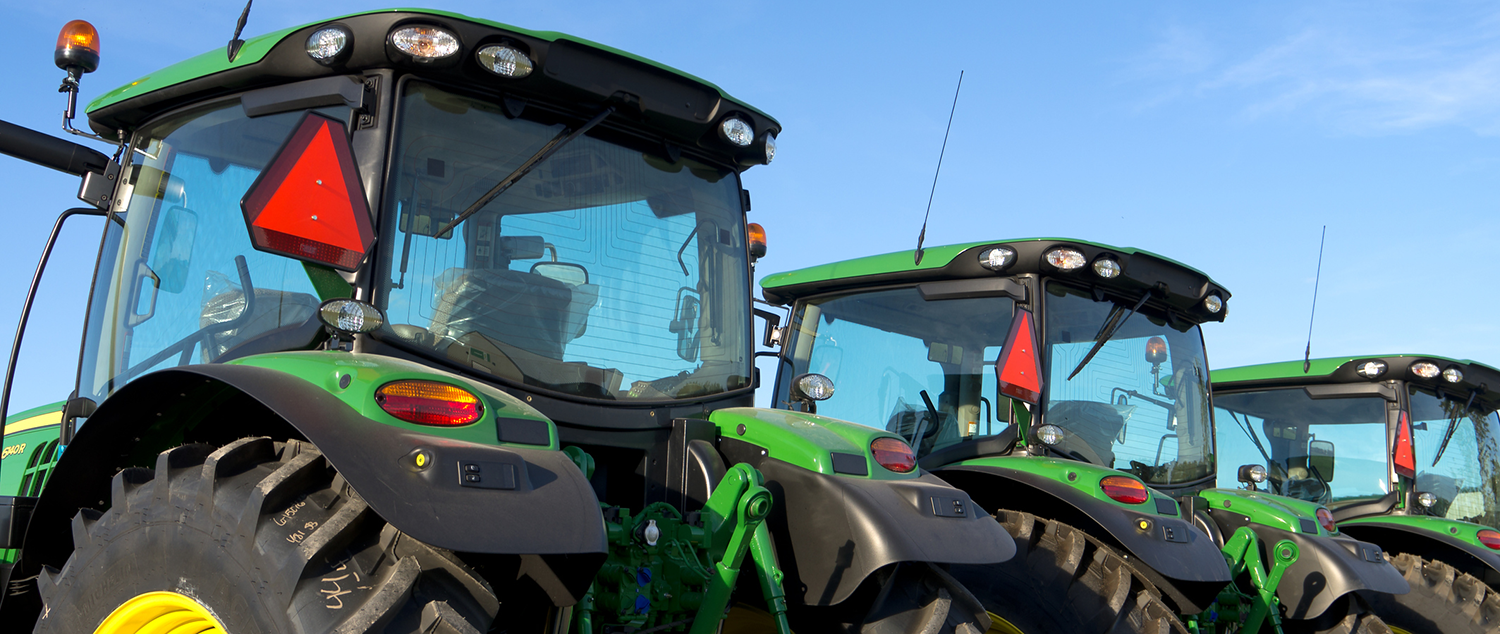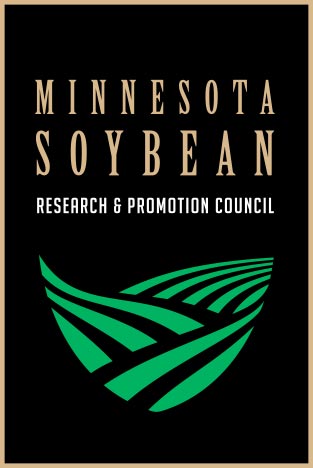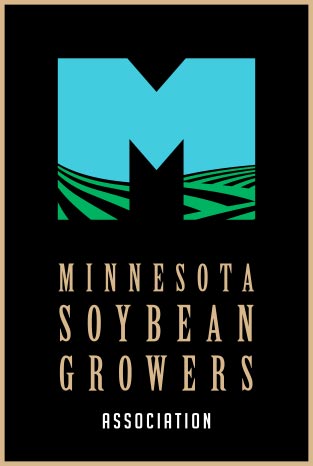On-farm safety, mental wellness on farmers’ minds during National Farm Safety & Health Week
On-farm safety, mental wellness on farmers’ minds during National Farm Safety & Health Week

The hustle and bustle of the fall harvest is approaching, making this a good time to remind ourselves and those around us of the importance of our safety and well-being as part of National Farm Safety and Health Week (NFSHW).
This year’s NFSHW theme is “Safety First: Avoid the Worst,” and for Minnesota Soybean Research & Promotion Council (MSR&PC), leaders are reminding fellow soybean producers to think safety first during this busy time of year.
MSR&PC Vice Chair Ben Storm, who has four kids at home on the family farm in Dover, says the worst for him would be an accident involving his children. He reminds farmers to always be aware of their surroundings and know where their little ones are at all times.
“Whether it’s semis or equipment coming in and out of the yard, you need to be very cognizant of where the children are when stuff is moving,” said Storm, whose children range in ages six to 16.
Gail Donkers, who now has small children on her Rice County family farm, echoed a similar statement, noting the importance of setting boundaries and staying visible around equipmentt that often has several blind spots and requires plenty of space.
“When you have kids that can run around, it’s important to have very strict boundaries on your farm as to where they can and cannot go,” said Donkers, MSR&PC chair. “As someone who is operating the equipment you also need to be aware of where everyone is around you and don’t just assume they know what you’re doing.”
According to 2019 data from the U.S. Bureau of Labor and Statistics, agriculture remains the most dangerous industry to be a part of in America, accounting for about 23 deaths per 100,000 workers. In fact, the Minnesota Department of Agriculture (MDA) states a farmer is 800% more likely to be killed while working compared to people in other jobs. Hazards include equipment rollovers, augers, grain bins, fires, accidents on the highway, falls, livestock handling and ATV and UTV accidents, just to name a few. While the danger always exists, accidents can often be avoided by simply slowing down and paying attention.
“One of the most dangerous things ever is being in a hurry,” Storm said. “You’re in a hurry so you’re skipping important steps, you’re not watching where you’re going and you’re not thinking clearly. Take your time, do things the right way or things can go from bad to worse in a heartbeat.”
Sometimes a little preparation can also be key to safety. Donkers notes that keeping your equipment properly maintained helps avoid the stress of breakdowns or worse yet, the danger of a fire during harvest.
“Dust is always a big concern, so take the time to clean off your equipment to avoid combine fires,” said Donkers, who farms near Faribault. “You’re also using equipment that isn’t used year-round, so make sure you look everything over, properly grease and oil everything to lower the chances of the stress that comes with a breakdown in the field.”
While stress can be considered a normal occupational hazard that comes with farming, this year more than ever is it of concern, as farmers stress over low prices and the likelihood that they may not turn a profit. Donkers is urging her farming colleagues to look out for each year and be mindful of their own mental health.
“Mental health is a big concern this year because we know, barring anything miraculous, that we aren’t going to break even on our crop, so we need to do our best to keep an eye on our friends and neighbors and reach out to them to make sure they are doing OK,” said Donkers. “We always do this ‘Minnesota nice’ thing where we say we’re doing fine, but if you notice differences in their appearance or how they normally present themselves, that could be a sign they are struggling mentally.”
MDA has resources available, including agricultural mental health specialists, for farmers who need help with their mental health via their Minnesota Farm and Rural Helpline, which is available by calling 833-600-2670 or their text line, which is available by texting FARMSTRESS to 898211. The American Soybean Association, in partnership with Rural Minds, is also promoting mental wellbeing through its #SoyHelp initiative.
“There’s a lot to be down about this year,” Storm said, ‘but friends and family are what matter most in life and they’re more important than making a bad decision because you’re in bad place.’
MDA also has resources, specifically grants, available to help purchase and install safety equipment for on-farm grain bins or silos, which can present great danger on the farm if safety measures are not followed. With most farms looking to utilize their bins as much as they can this fall, it’s important all safety measures are followed.
“If you have to go in a bin, use a harness and make sure others are there with you, and use lockout/tagout equipment to make sure to no augers or anything power up while you’re inside,” said Donkers. “Grain bin safety is at the top of the line for anything that goes on at our farm.”
Nearly two dozen people are killed in the U.S. every year from grain bin entrapments.
National Farm Safety and Health Week was first established in 1944 and takes place every year during the third week in September. On Sept. 25, during an event in Le Sueur attended by Minnesota Soybean Growers Association Executive Director Joe Smentek, MDA Commissioner Thom Petersen delivered a proclamation from Gov. Walz recognizing Farm Safety and Health week in Minnesota.
“We appreciate our legislative leaders’ recognition of the importance of physical and mental health during this harvest season,” MSGA President Darin Johnson said.



